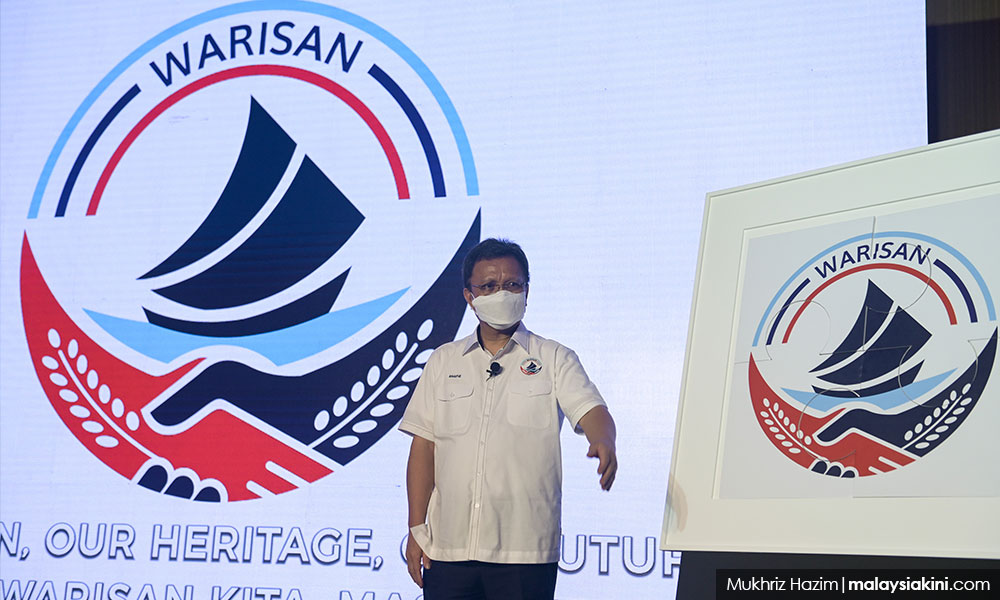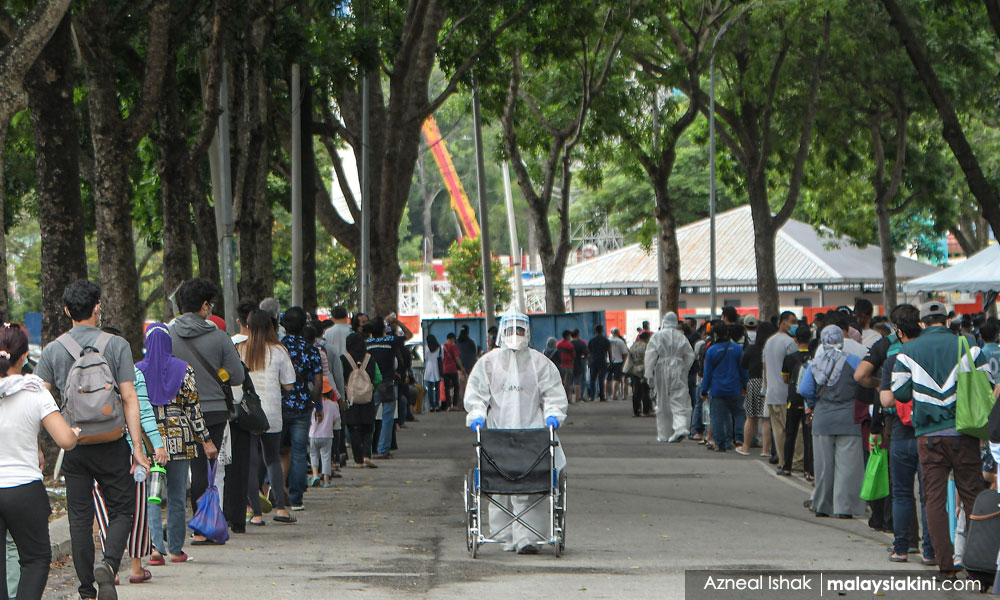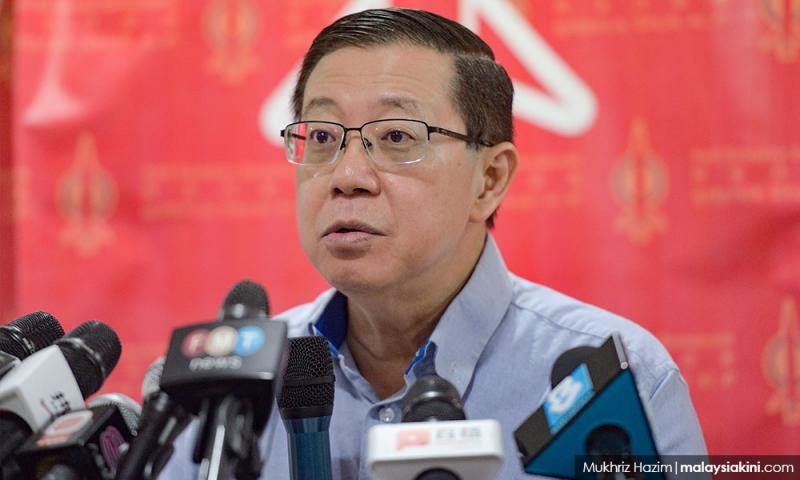MP SPEAKS | DAP views the national launch of Warisan into Peninsular Malaysia positively as part of the electoral process of free democratic participation and further integration of the regions of Sabah with Peninsular Malaysia.
Warisan is following in the footsteps of Parti Bersatu Sabah to expand to the peninsular.
The national expansion of Warisan will inevitably result in the party adopting a Malaysian approach instead of the present Sabah-centric one. This is positive towards national integration as well as encouraging more nationally based parties to join DAP in fighting for Sabah interests.
Nationally based parties will help to promote Sabah within the national context in that Sabah problems are also Malaysian problems.
DAP has been seeking higher and equitable allocation of national resources to reduce poverty, where Sabah remains the poorest state despite possessing the richest natural resources.
It is within that national context that when I presented two national budgets as finance minister, I had allocated the highest development expenditure for Sabah in history, not just in absolute terms but also in percentage terms.

DAP is committed to cooperation with Warisan not only at the individual party level but also at the coalition level of Pakatan Harapan under the “big tent” approach.
Whilst there may be unavoidably some differences between us, we are united in opposing the focus on extremism and racism by the Perikatan Nasional (PN) and BN governments to cover up their failures and incompetent governance.
Take common stand against Act 342
The failures in Covid-19 management and the inability to pull the country out of the economic recession are issues that bind us to defend the rakyat's interest. A good start will be on Monday in Parliament in taking a common stand against the Prevention and Control of Infectious Diseases Act 1988 (Act 342).
Act 342 has united all Malaysians to strenuously object against the harsh punitive measures for those failing to comply with the Covid-19 standard operating procedures (SOPs).
The government’s Act 342 will enhance the penalties for individuals to RM100,000 and corporates to RM1 million as well as imprisonment up to seven years. Such punitive measures are even harsher than causing death by negligence. More importantly, harsh penalties have been proven to be ineffective in battling the pandemic or ensuring SOP compliance.
Malaysia went through four total and extended lockdowns, declared a national state of emergency and imposed harsh penalties, and yet completely failed to overcome the pandemic that finally resulted in 2,705,508 infections and a shocking death toll of 31,044.

The government failed then due to failed leadership, double standards in enforcement, abuses of power, policy flip-flops and U-turns.
What makes the government think that imposing such harsh and draconian measures will work this time? In dealing with infectious diseases, laws should not be retributive but rehabilitative by focusing on preventive and mitigation measures.
Imposing harsh penalties is no different from blaming the people for failing to contain the pandemic and allow the government to run away from its responsibility.
LIM GUAN ENG is Bagan MP and DAP secretary-general.
The views expressed here are those of the author/contributor and do not necessarily represent the views of Malaysiakini.





